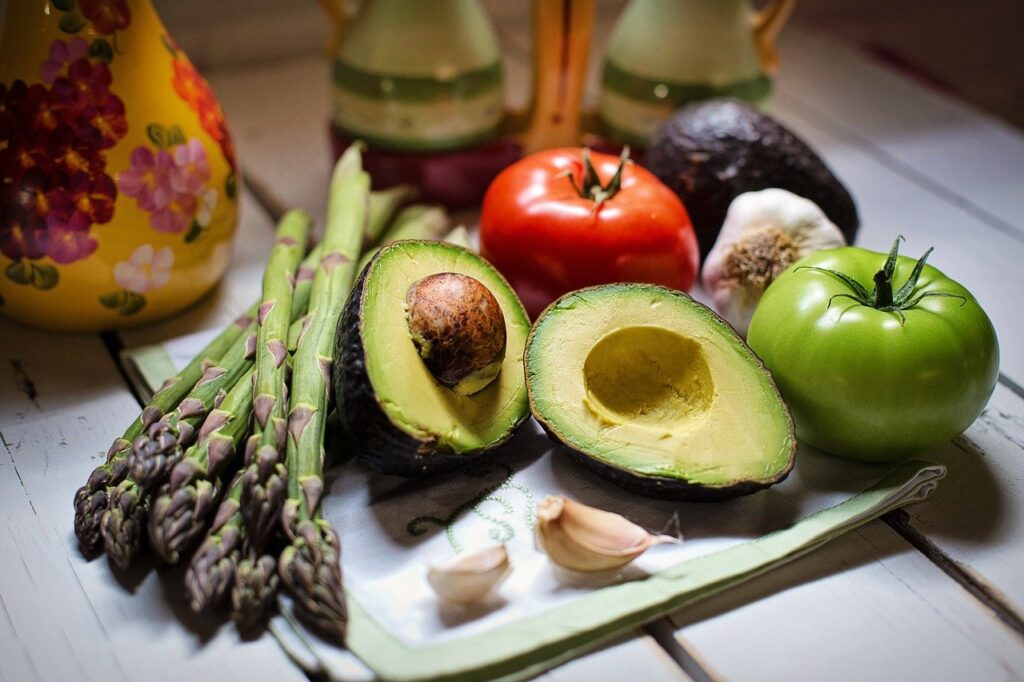Eco-conscious Brits have been offered tips on the most practical ways to reduce household CO2 emissions.
From changing lightbulbs to simply driving less, there are 10 of the easiest ways to lessen your own impact on the environment without making drastic and radical changes.
Almost everything we do has a carbon footprint attached to it – from the food we eat and the way we cook it, to the way we travel and simply how long we shower.
So, by changing everyday behaviours just slightly, individuals will be playing their part in the fight against climate change.
A spokesperson for NetVoucherCodes.co.uk, which complied the list, said: “Unless you’ve been living under a rock, you’ll have heard all about the drastic effect climate change is having on our planet.
“The scale at which we, as humans, are pumping out CO2 is alarming, and it is all serving to trap heat on the planet and fuel climate change.
“We should all be taking responsibility and making changes to our day-to-day lives to lessen the impact – but these changes don’t have to be radical.
“Simply unplugging your devices when they’re not in use and taking shorter showers will add up to make a notable difference in the long run.”
Unplug your devices
Electronics suck energy when they’re plugged in, even if they’re not actually being used. Anytime a cord is plugged into a socket, it’s drawing energy, so leave your electronics unplugged at all times unless you’re actually using them.
Line-dry your clothes
Tumble dryers use a frightening amount of energy. One tumble dryer load uses five times more electricity than washing and running a tumble dryer is the equivalent to turning on 225 light bulbs for an hour. So, one of the best ways to cut your energy usage and reduce your carbon footprint is to go back to line-drying your clothes.
Drive less
You can make a huge different to your carbon footprint by leaving the car at home and instead walking, biking, or even taking the bus. Traditional cars produce a huge percentage of the world’s air pollution, and the toxins omitted by vehicles are also very dangerous for human health.
Instead, by riding your bike you’ll be getting a workout all while helping the environment. Plus, it requires much less energy to produce a bike than it does to manufacture a car.
Eat seasonally, locally, and more plants
Try to buy the majority of your food locally and make the majority of your plate plant-based foods – animal products make a bigger impact because they require more water and resources to put on your plate.
Greenhouse gas emissions from agribusiness are an even bigger problem than fossil fuels and red meat is particularly to blame, consuming 11 times more water and producing five times more emissions than poultry.
Eating seasonal also means eating local, which is great for the environment. When you support local farmers, you don’t have to worry about how far your food travelled to get to you.
Buy items from charity shops
Unless you’re already a mindful shopper, the clothes in your wardrobe have likely crossed thousands of miles before ending up in your possession.
The resources that go into making a single garment also tot up. So next time you need a new outfit, head to a second-hand shop, which is better for the environment.
Turn down your thermostat
Heating your home in the winter is expensive, and it can also be a major contributor to your carbon footprint. So, do the planet and your wallet a favour by turning down the thermostat by just a degree or two when you’re in the house.
At night you should turn the heat down even lower, and when you’re away you should turn it off altogether. Investing in a smart thermostat that senses when you’re in the house and adjusts itself is another way to reduce your carbon emissions.
Take shorter showers
Delivering, treating and heating the hot water for your shower is extremely energy intensive, and the longer you run the hot water, the higher your energy and utility bills rise.
Using less water will not only lower your energy costs and conserve water, but will keep that water in the environment for natural geological and ecological cycles.
Change your lightbulbs to energy saving bulbs
Halogen bulbs use 50% less energy than incandescent lights, and although they’re more expensive, they last much longer and will ultimately end up saving you money on your energy bills.
Re-use items wherever you can
Everything you put in the bin adds to your carbon footprint, so whilst you might not be able to bring your waste production down to zero, you can reduce it by investing in non-disposable goods that can withstand a bit of wear and tear.
Reusable shopping bags, food storage containers, coffee cups, and straws can replace many of the items that are often thrown away every day.
Wash your clothes in cold water
By doing your laundry on the cold-water setting, you can reduce your washing machine’s carbon emissions by a whopping 75%! And for lightly soiled clothing, cold water sanitises just as well as a warm wash.










